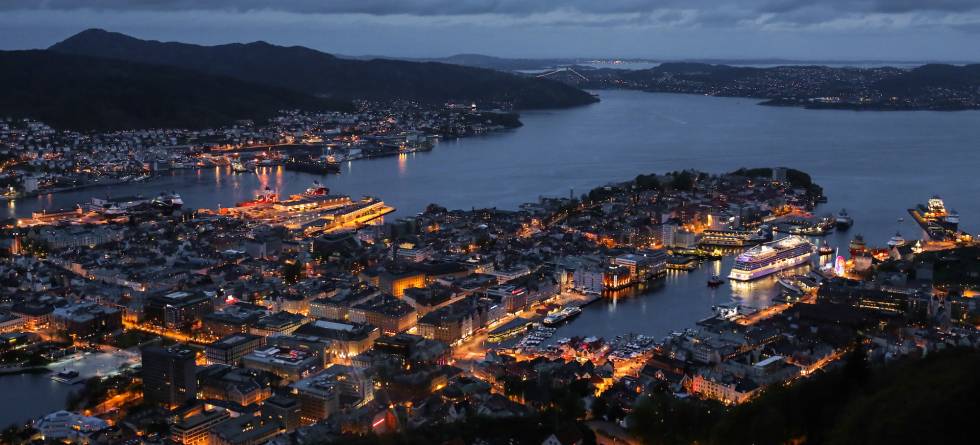Dr. Richard Klein from the Stockholm Environment Institute (SEI) will be part of the opening plenary roundtable debate on climate adaptation and governance. Klein points at the role of the private sector in adaptation, which is poorly defined.
“Part of the challenge is also to engage all relevant stakeholders in the implementation of climate action plans, including adaptation. National governments can only do so much; the success of their pledges and policies relies on the willingness and ability of others to contribute their share. Specifically for adaptation, the role the private sector could have is still poorly defined. Companies will engage in climate adaptation when it is in their own interest, for example to reduce risks to supply chains. But their actions could create new risks, including to ecosystems or people's livelihoods. There is no agreed process or mechanism for addressing these risks, or to hold non-state actors accountable for their actions”, dr. Klein writes in an e-mail to the Bjerknes Centre.
Dr. Richard Klein is one of the leading experts on climate adaptation. “Much of his recent work has addressed the role of adaptation in the design and implementation of a global climate policy agreement, but he also studies societal and institutional challenges to adaptation and to the provision and use of climate services”, citing the SEI.
Copenhagens ambitious goal
Among a long list of interesting scientific speakers, are already mentioned Dr. Klein, as well as Suraje Dessai from the University of Leeds, Karen O´Brian from University of Oslo, and Prof Jens Christiaan Refsgaard at the Geological Survey of Denmark and Greenland.
The conference “From research to actions and “ includes both scientists and practitioners on climate adaptation. From Copenhagen, the conference programme committee are proud of having Jørgen Abildgaard, the Climate Project Director of Copenhagen, among the confirmed speakers. He is in charge of Copenhagens ambitious goal of becoming the world’s first carbon-neutral capital city by 2025.
Take a look at the programme and read more on the conference here: nordicadaptation.2016
Early bird until May 31.
– The Bjerknes Centre is proud to host the 4th Nordic conference on Climate change adaptation, and that Bergen follows Stockholm, Helsinki and Copenhagen. With the Paris agreement still fresh in mind, and after a winter where all previous temperature records have been smashed, climate action is on everyone’s lips. We are in a hurry to form more resilient and less carbon depended societies, raising the need for both nation- and context-specific research as well as learning from best practices. The Nordic countries, with their common economic and social policies, as well as cultural heritage, are facing many of the same challenges. This points to joint solutions, justifying the relevance of the conference on the Nordic level, Tore Furevik, Director at the Bjerknes Centre says.
Click here for abstract submissions
The debate on loss and damage
On the Paris Agreement of December 2015, where the world nations agreed on what needs to be done, there are some challenges on how it should be done. Dr. Richard Klein points at some challenges for the world nations:
“Both for reducing greenhouse gas emissions and for adaptation, each country can identify the measures that best suit its national circumstances. Developing countries have been promised financial, technical and capacity-building support, but there is no guarantee that industrialised countries will keep their promise”.
Dr. Klein sees a new attention on climate adaption after the Paris Agreement, as this makes it clear that the world needs to both reduce emissions and adapt to climate changes. On the possibility to reach the new goal of 1,5 °C, he is somewhat more skeptical:
“The intention to "pursue efforts to limit the temperature increase to 1.5 °C above pre-industrial levels" is ambitious and probably unrealistic. However, it signals that the impacts associated with climate change of more than 1.5 °C could be beyond the adaptation limits of some natural and human systems, in particular small islands facing sea level rise. The notion of adaptation limits, and how they are influenced by greenhouse gas emission pathways, is relatively new; it has given rise to a heated debate about the need to address unavoidable or unavoided impacts of climate change, also known as loss and damage. This debate has drawn attention to adaptation in general, and to the need to build adaptive capacity in particular”.


